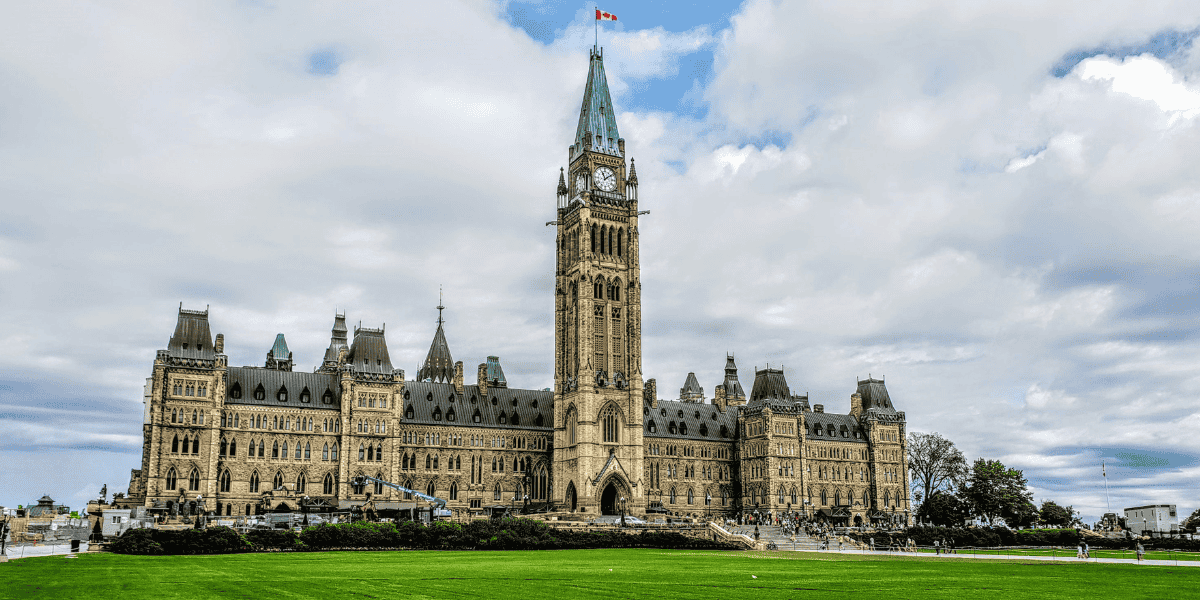On 7 February 2022, the Department of Finance released for public comment a set of draft legislative proposals to implement previously announced and other tax measures. Specifically, the proposals would implement Budget 2021 measures to:
- Allow for the immediate expensing of up to $1.5 million of eligible investments by Canadian-controlled private corporations, sole proprietors and certain partnerships to help businesses invest in new technologies and move forward with capital projects, as further detailed in the backgrounder Expansion of the Eligibility for Tax Support for Business Investments;
- The general corporate and small business income tax rates for businesses that manufacture zero-emission technologies will be reduced by 50%; that means, a reduced CIT tax rate of 7.5% would apply to eligible zero-emission technology manufacturing and processing (M&P) income and for SMEs, the rate would reduce to 4.5%.
- Expand access to the accelerated capital cost allowance for certain clean energy equipment and implement certain restrictions;
- Improve access to the Disability Tax Credit;
- Include postdoctoral fellowship income in “earned income” for Registered Retirement Savings Plan (RRSP) purposes;
- Enhance Canada’s income tax mandatory disclosure rules, as further detailed in the backgrounders Mandatory Disclosure Rules and Income Tax Mandatory Disclosure Rules Consultation: Sample Notifiable Transactions;
- Increase flexibility for plan administrators of defined contribution pension plans to correct for both under-contributions and over-contributions;
- Improve the fairness of certain taxes applicable to Registered Investments;
- Improve administration of, and compliance with, electronic filing and certification of tax and information returns;
- Temporarily extend certain timelines for the Canadian Film or Video Production Tax Credit (CPTC) and the Film or Video Production Services Tax Credit (PSTC);
- Combat the avoidance of tax debts through complex transactions that attempt to circumvent the tax debt collection avoidance rule;
- Ensure that the Canada Revenue Agency (CRA) has the authority it needs to conduct audits and undertake other compliance activities; and
- Limit the amount of interest and other financing expenses that businesses may deduct for income tax purposes based on a proportion of earnings.
Canadians are invited to provide comments on these draft proposals and the sample notifiable transactions. Comments submissions specifically regarding the Interest Deductibility Limitation measure will be accepted until 5 May 2022 and submissions on all other measures should be received by 7 March 2022.













